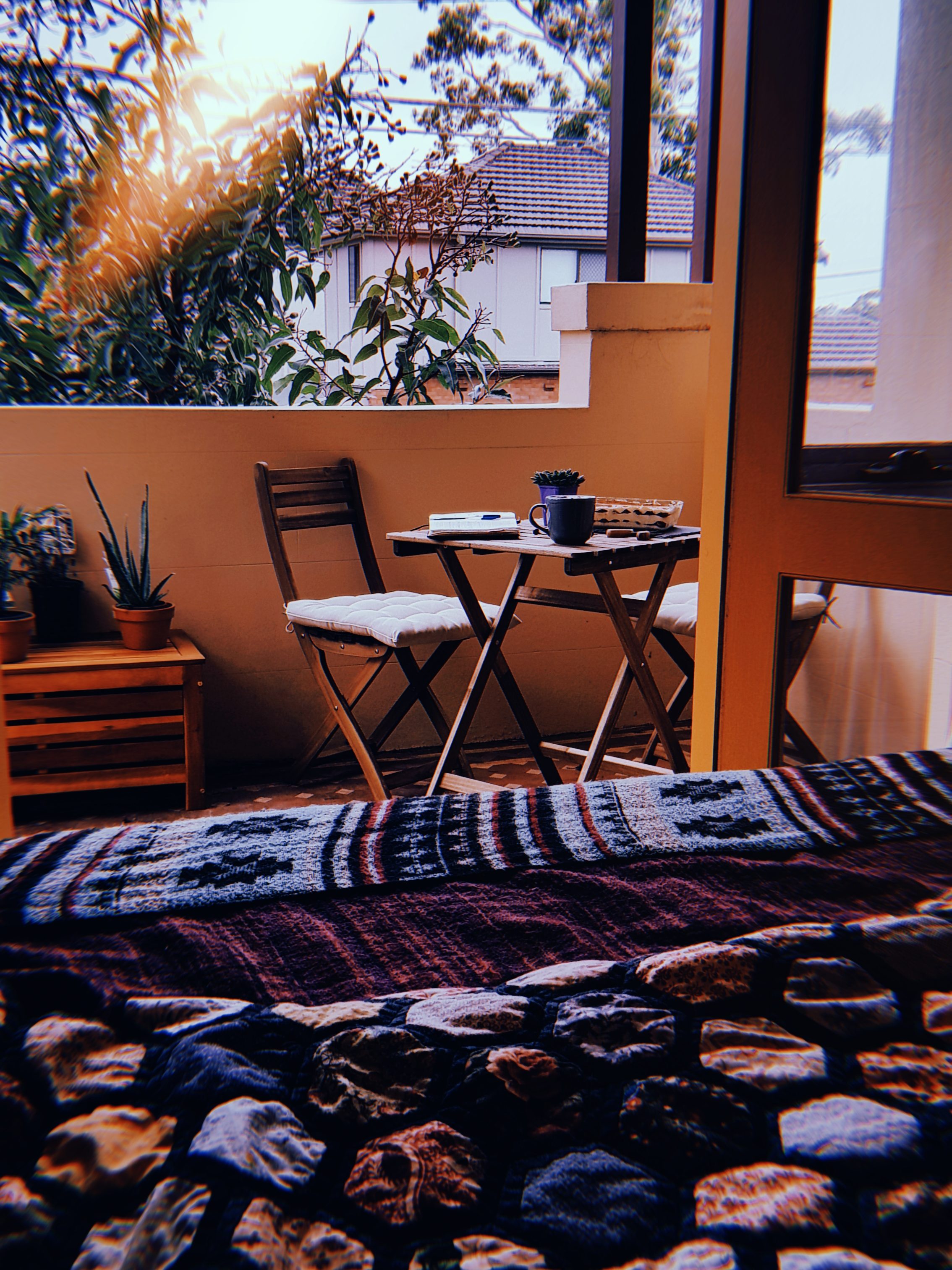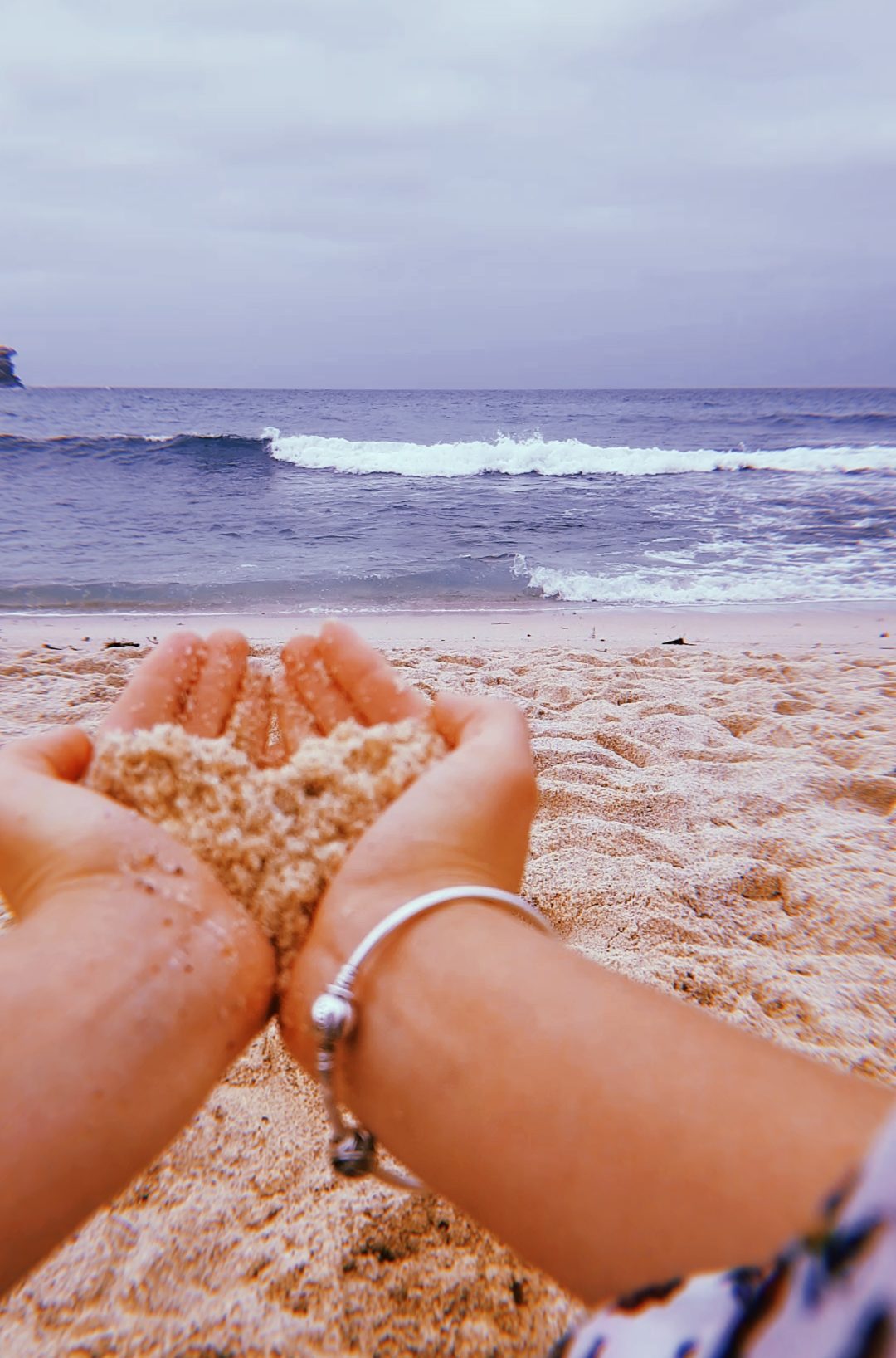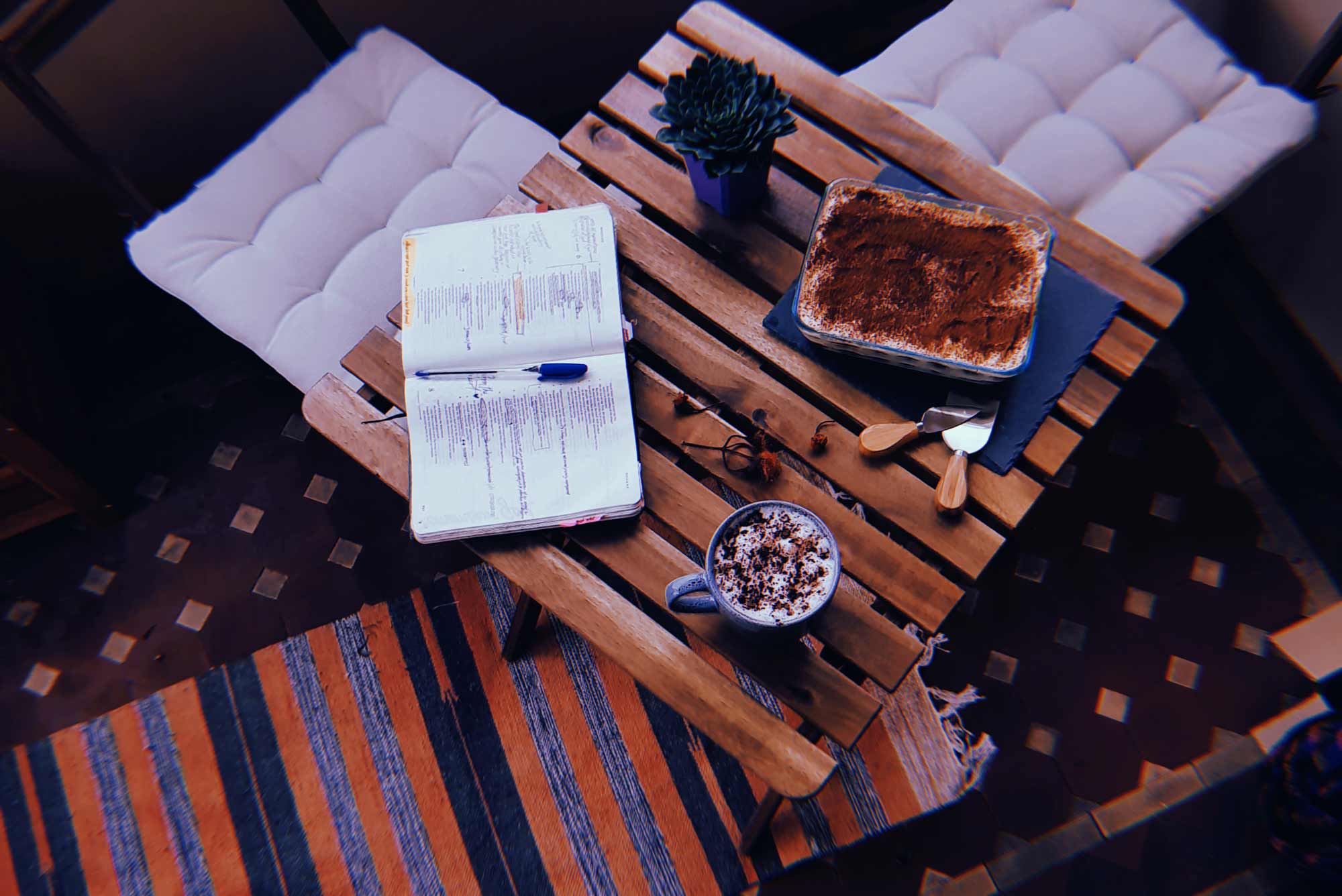Asking for help is a necessary and fruitful act of humility and surrender of control (see past post on how the Lord taught me that lesson: The Helpless Helper). This time, I want to talk about asking for help to help. What if you’re trying to care and help another broken soul? What is helpful for them and you?
For the first time, I’m going to introduce a structure to my post so I can address this topic. First, let’s look at what is helpful for them (what helps + what doesn’t help), before we finish and look at what is helpful for us so we can be good helpers (what helps the helper).
The inspiration behind this post has been a few years of wrestling with being a good friend to those struggling. Often times, I fail in this. I try to be the counsellor instead of the friend. I try to fix things when instead of offering a hug. Every time I encounter a friend struggling, it challenges me. I want to help, to care and to love them where they are at. But. That can be really hard when you don’t really know where they are at, when you don’t fully understand the underlying issues for them. Sure, you can read up on the condition, do Mental Health First Aid, but it still doesn’t necessarily prepare you for the reality of how to maintain a relationship with someone who is suffering in a mutually helpful, healthy manner.
To support this post, I wanted to find out from those who struggle with self-harm what is/isn’t helpful for them. I reached out on social media and was overwhelmed by the response. To be effective and powerful in the way we love, we need to understand how someone receives it. In order to do this from a mental health perspective, we need to understand someones lived experience of this issue.
Brene Brown actually raises this in her book Rising Strong (which my book club is reading this month, on the physics of vulnerability): “We need more people who are willing to demonstrate what it looks like to risk and endure failure, disappointment, and regret – people willing to feel their own hurt instead of working it out on other people, people willing to own their stories, live their values, and keep showing up.”
She continues, “If we can learn how to feel our way through these experiences and own our stories of struggle, we can write our own brave endings.” Below, let’s look at some of my findings.
WHAT DOESN’T HELP
♥ telling them to “stop” ♥
“This is an area that I feel pretty passionate about and I’m speaking from experience. I think it is unhelpful to be told not to self-harm. I have been told by doctors simply not to do it. Which is as helpful as telling someone not to have to flu or not to cry.
Self-harm is an outflowing of being in incredible distress and/or being mentally unwell. I believe that for the person self-harming it seems like a logical and reasonable thing to do, even if they know ‘logically’ that it is not good or healthy or, in the long run, helpful. It is a coping mechanism. A way to maintain control and be in control of the pain. It may feel like their only option.”
♥ telling their parents ♥
“Don’t tell their parents. You have no idea what the relationship is that they have with them, if their parents would respond in anger, if it would put their life in danger – telling a doctor is appropriate or someone else you know they trust and maybe if you know their parents well or know the relationship they have with their parents – otherwise, no.”
♥ telling them “it will get better” ♥
The above “comment” was left, but I am not too sure if they intended this to be a helpful/unhelpful suggestion. I think it can be categorised as both. Sometimes optimism has a place, but sometimes this will be rejected by the one in darkness, seen as a mockery.
♥ making assumptions ♥
“I find with pastoral care related things it’s often better to ask someone how they are rather than just assuming how they are based on how they look/ their actions. If you’ve met with someone who’s been struggling with self harm and they haven’t self harmed that week, for example, don’t assume that means their week has been better – in fact, it could’ve been worse than usual because they’ve struggled with the temptation not to self harm and they’ve had to tolerate the distress of that – often it’s “easier” to give into the unhelpful behaviour than it is to actually engage in the behaviours”

WHAT HELPS
♥ stepping into their brokenness ♥
“What is helpful is sharing that persons pain.
Coming alongside them and stepping into their brokenness. Communicating your love for them, even if it is something you can’t personally understand. Letting them know you ache for them to be well, to be healthy – physically, mentally, emotionally and spiritually.
Practically I have, on several occasions, asked the various people I’ve lived with to hide things like scissors, knives, medications, etc. It won’t stop anything really. If someone wants to self harm they will find ways to do it, but getting things away so they are not as easily accessible is one more barrier in the way of making it easy for them. Really I think this will work best when it is their initiative, or they are genuinely on board with this step.
Just keep loving them in their pain, in their broken.”
This contributor also recommended: “The Broken Way” by Ann Voskamp. I have read this too and would definitely echo the recommendation on living in this broken world with our broken hearts!
♥ feed them truth, love and kindness ♥
“If you think they are, or if they tell you they are, putting their life in danger you have every right to tell their parents, doctors and anyone else in their life who will escalate things to a point where more professional help is provided. My understanding is if there is self-harming there are misbeliefs and lies they are telling themselves or believing. So if you know what they are you can feed them truth, love and kindness and let them know it’s just a season. What they’re going through is not going to last forever. Things do get better. Every day they go without self harm is a day to celebrate. The hardest battles are the ones no one can see on the outside. There will be bad days but as long as there is hope and more good days then bad it’s on the mending side.”
♥ sitting with them in it ♥
“I’ve found that sometimes people motivations to do it come from a place where they believe they need to punish themselves , for whatever reason it may be. In understanding that, try to reassure them and instil their value back to themselves – that they are worthy, that good things are allowed to happen to them and they do deserve it. And other times when it arises form a place of punishment for supposed failure, encourage them to refocus their attention from letting out their frustration on themselves to other things, like exercise or another coping mechanism. In the end, it’s all about sitting with them in it and slowly but surely nudging them out of it. If any judgement comes too harshly by accident, it can provoke a rebellion. But all in all, trust your instincts and try to be the best friend you can”
♥ listen to the “why” behind the “what” ♥
“You need to listen. To why it is they’re doing this, to why it is they want to hurt themselves. It’s different for everyone but often (generally) it’s a relief or an outlet from whatever emotion they’re experiencing that they don’t feel they can tolerate and in addition to that, disassociation can occur alongside that. Don’t make assumptions about their situation”
♥ love on them ♥
“Just be with them, don’t try to fix them. Just love on them”

WHAT HELPS THE HELPER
♥ vulnerability precedes brokenness ♥
In confronting these conditions, having the vulnerability to share is hard. There can be shame and control that lead someone to hide and avoid facing and sharing their struggle. I am thankful for the many individuals over the years who have opened up to me about their struggles, whether that be with bipolar/multiple personality disorders, depression, self-harm, eating disorders, anxiety, post traumatic stress syndrome, and the list goes on. With friends who have struggled with trauma and triggers across all these categories, I have seen how no condition is manifest the same.
I have learned that the best way to approach these relationships in a healthy manner is to set boundaries and establish what is/isn’t helpful for them. Education and awareness will help with understanding warning signs and symptoms, however, the subjective experience of those suffering can be quite different. Each case is unique, and the condition is not always apparent.
So how can we identify and invest in those who struggle with these wars of the mind, body and soul?
Let’s not assume or base our understanding on textbooks without consulting and talking openly with those struggling. What isn’t helpful is judgment and shame. Let’s be sure to create safe spaces for brokenness and relationships where trust is key.
This said, we need to be sure to ensure there are support systems in place.
“Don’t forget to tell people how you’re dealing with the emotions of dealing with this… make sure they have at least two other support people in their life who know what’s going on so you’re not the only support they have”
♥ be honest ♥
To create safe spaces and deepen trust, honesty and vulnerability go hand-in-hand.
“Be honest with them if you don’t know what to say, But tell them that you’re there for them. Tell them it’s not a secret you can keep or carry alone and ask if any others know. Don’t tell them you can be there for them whenever because you need to have boundaries and whilst it’s a privilege that they’re told you, you need to take care of you too and be aware that someone might latch on to you or form an emotional attachment to you”

To finish, I’d love to share some of a friend’s devotional that was a very timely tie in to this blog:
“I think that often we are reluctant to ask for help. Would you agree?
There’s something inside us that just says, “It’s ok, I’ll manage, I can do it myself.” When in fact we can’t, and this applies not only to our relationship with God but to how we go through life.
Our reluctance to ask God for help demonstrates that we are too proud.
It sounds harsh, but following God isn’t only a transforming experience, but a humbling one too! To declare that God is the Creator of everything, to declare that Jesus is King, to declare that God is True, that requires some serious humbling on our behalf, and that’s not a bad thing.
Although we have a limited understanding of this, God actually appreciates it when we humble ourselves before Him and ask for His help. Once we realise that, we begin to see that we don’t have to do life alone and struggle, but instead know that we have loving a God who will help us every step of the way!
‘Those who look to him for help will be radiant with joy; no shadow of shame will darken their faces.’
Psalms 34:5
THIS is how we can find the strength to step into another’s brokenness –
by looking to him for help.

end note:
I’d like to thank those who engaged with my instagram stories last week as this fed into this post! . I have had multiple friends living in darkness, and they know better than anyone else what is constructive and destructive when seeking to shine light and bring hope to their circumstance. I would also just like to flag that I am not a medical professional so please don’t regard this as clinical/ psychological advice but recommendations.

